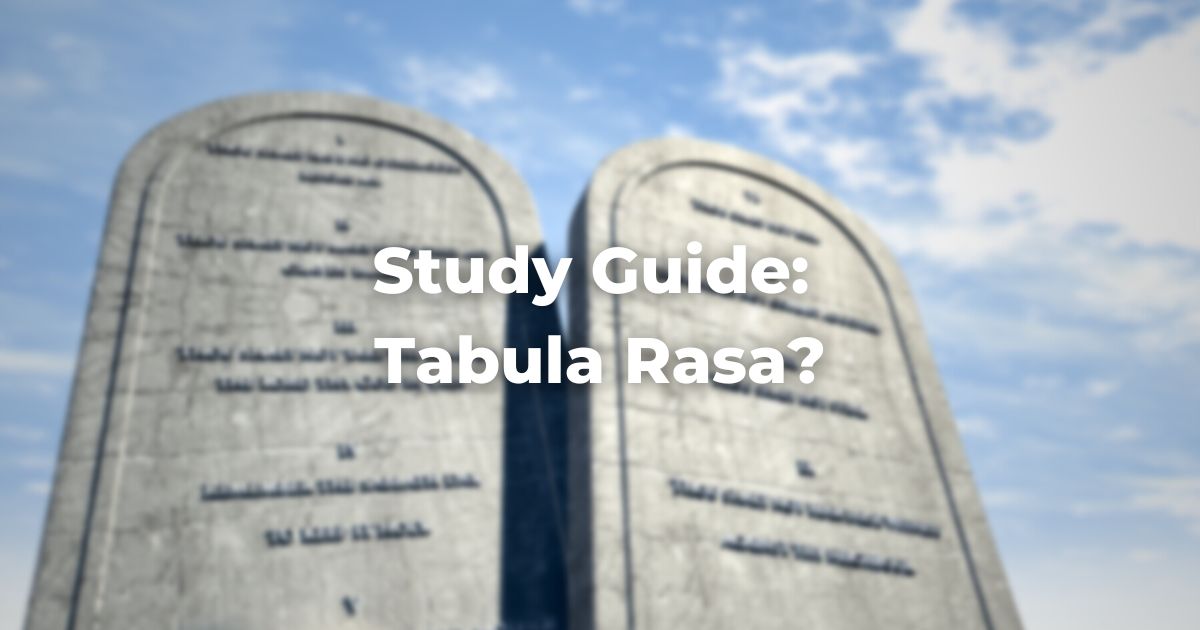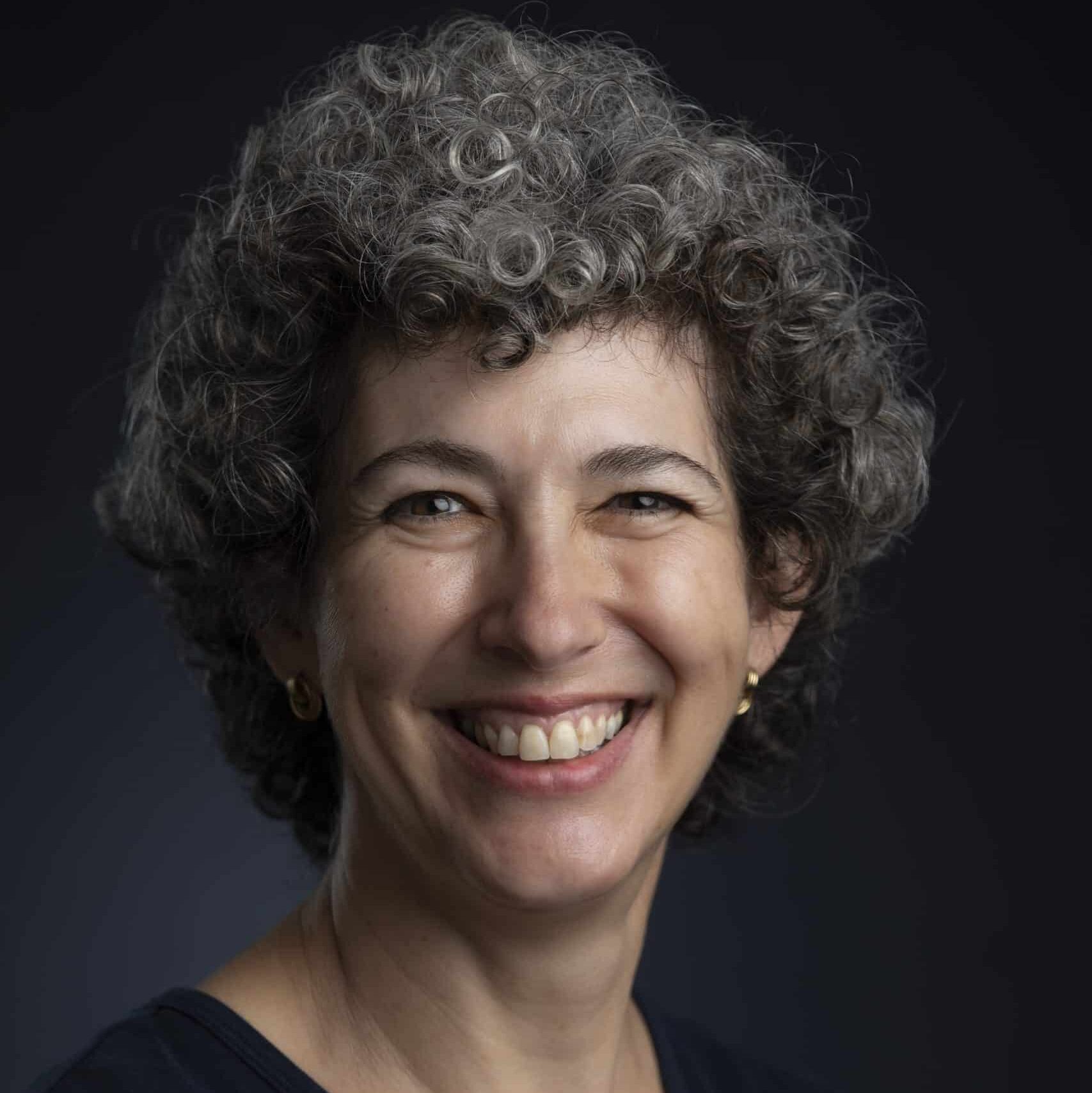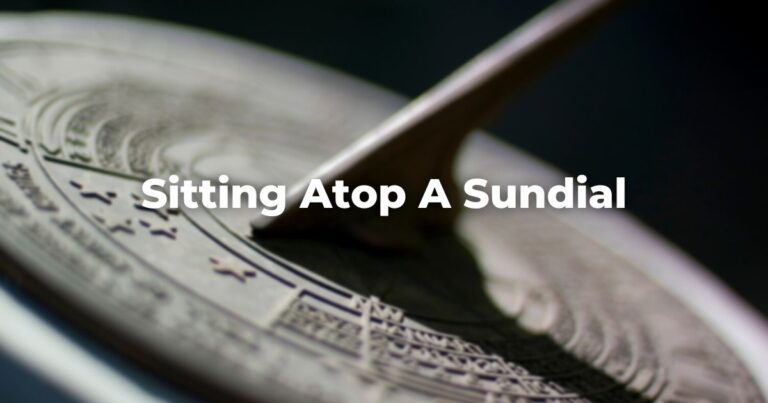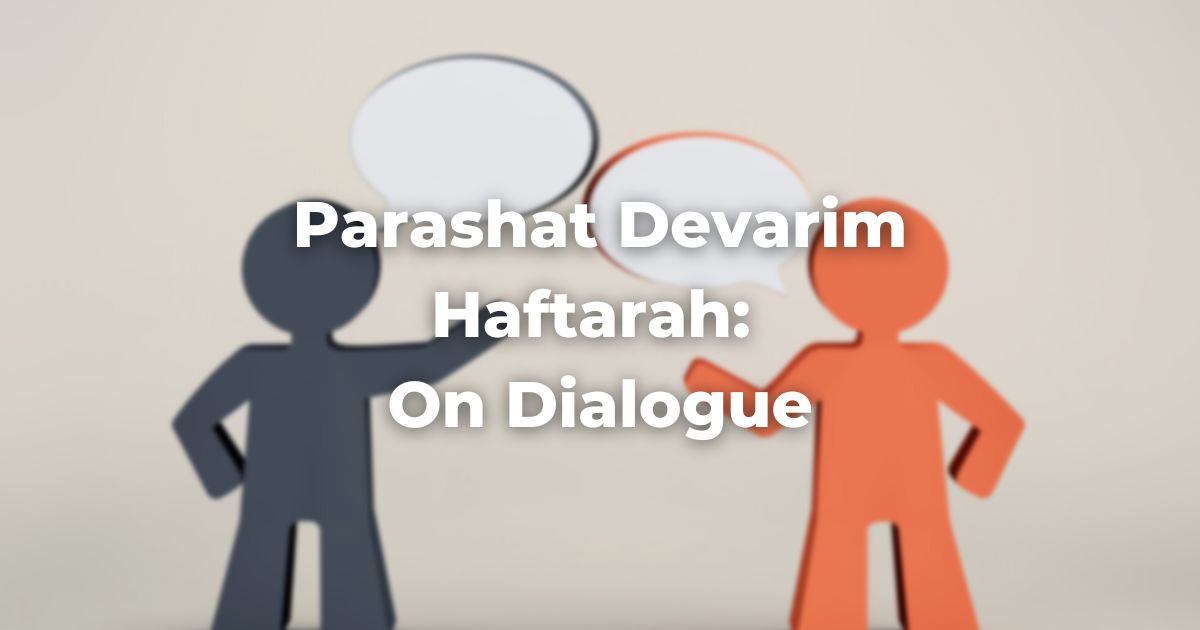Text: Shemot 20:4-6
4 “You shall not make for yourself a carved image—any likeness of anything in heaven above, or in the earth beneath, or in the water beneath the earth; 5 you shall not bow down to them nor worship them. For I am the LORD your God, a jealous God, counting/visiting the iniquity of the fathers upon the children, the third generation and fourth generation for my foes, 6 but showing mercy to thousands, to My friends and to those keeping My commandments.
This is part of the so-called Ten Commandments (in Hebrew: Ten Statements) given at Mount Sinai.
- What is the prohibition in this section? Why might people be drawn to the actions that this forbids? Why do you think that the consequences of this iniquity will affect future generations?
- How do you feel about God’s warning that the iniquity of the parents will affect the next generations? Why? How realistic is it?
- Why does God’s mercy seem to extend much farther than his punishment? How might it manifest itself?
Commentary: Ibn Ezra on Shemot 20:5
What does Scripture mean by visiting the iniquities of the father upon the children? …If a father was wicked and his son did not follow in his footsteps, then the son does not bear the iniquity of the father… God is patient with the wicked because it is possible that he will repent and bear a son who is better than he. Now if the son walks in the footsteps of his father… then God will not be patient…
- In what situation does God punish a generation for the acts of a previous generation?
- How does Ibn Ezra explain the apparent lack of punishment for some wicked people?
- Are there situations today in which a generation suffers the consequences of the actions of the previous generation(s)? Does Ibn Ezra’s distinction of when such consequence takes place hold true in those cases?
Ibn Ezra fears that some might find an apparent contradiction between the section we are studying in Shemot, and a commandment in Devarim 24:16: “Fathers shall not be put to death for children, nor shall children be put to death for fathers; a person shall be put to death for his own offense.”
*A more extensive study of this verse can be found in Torah Sparks on Ki Teitzei 5781.
Commentary: Ibn Ezra on Devarim 24:16
Fathers shall not be put to death … “the fathers shall not be put to death for children” is a commandment directed to Israel. However, God is the one who metes out punishment in visiting the iniquity of the fathers upon the children.
- What is the contradiction that Ibn Ezra feared that some might find? What is the inherent difference between the cases? How does that account for the difference?
See more: Parashat Yitro
Originally posted as part of the Conservative Yeshiva at the Fuchsberg Jerusalem Center’s Torah Sparks. Support Torah learning from the Fuchsberg Jerusalem Center/Conservative Yeshiva for leaders and seekers around the world here.
Authors
-

Vered Hollander-Goldfarb teaches Tanach and Medieval Commentators at the Conservative Yeshiva and is a regular contributor to Torah Sparks, FJC’s weekly message on the weekly Torah portion. She received her M.A. in Judaic Studies and Tanach from the Bernard Revel Graduate School of Yeshiva University and studied at Bar-Ilan University and the Jewish Theological Seminary. Before making aliyah, Vered taught at Ramaz School and Stern College in New York.
-



The Fuchsberg Jerusalem Center (FJC) is a home in the heart of Jerusalem where leaders and seekers can find an authentic place in Jewish tradition to call their own. FJC offers opportunities to study, pray and explore within an egalitarian and inclusive setting, creating multiple pathways for finding personal and communal meaning.




